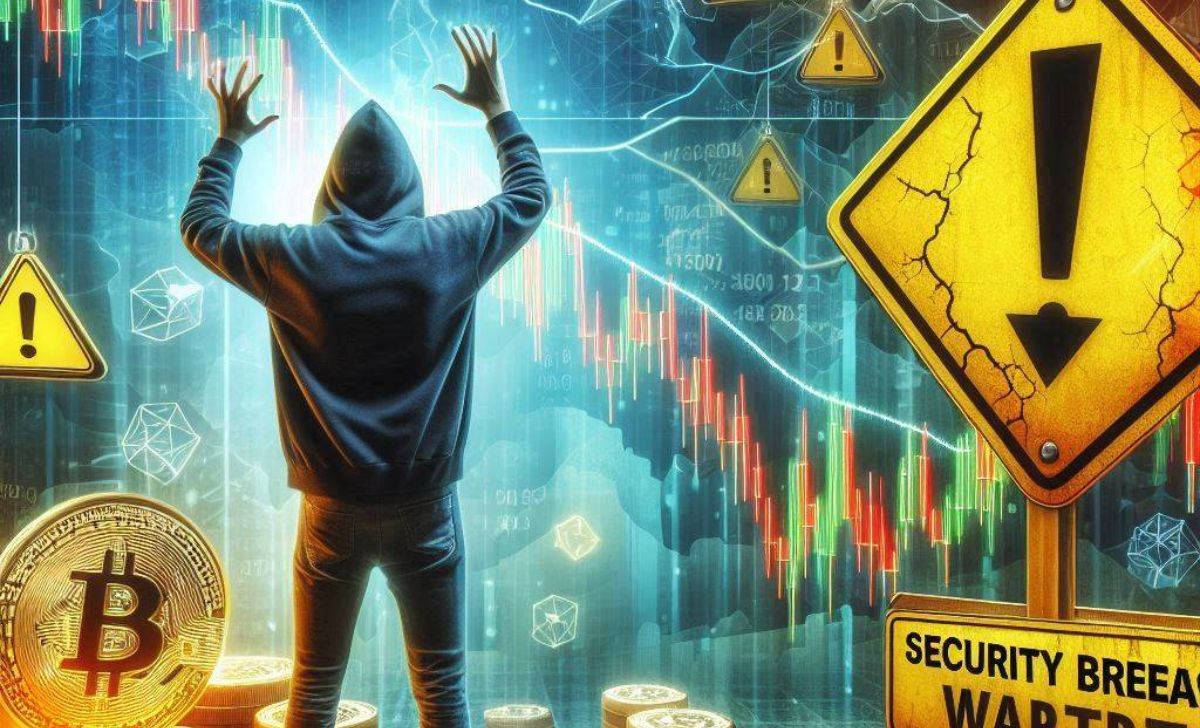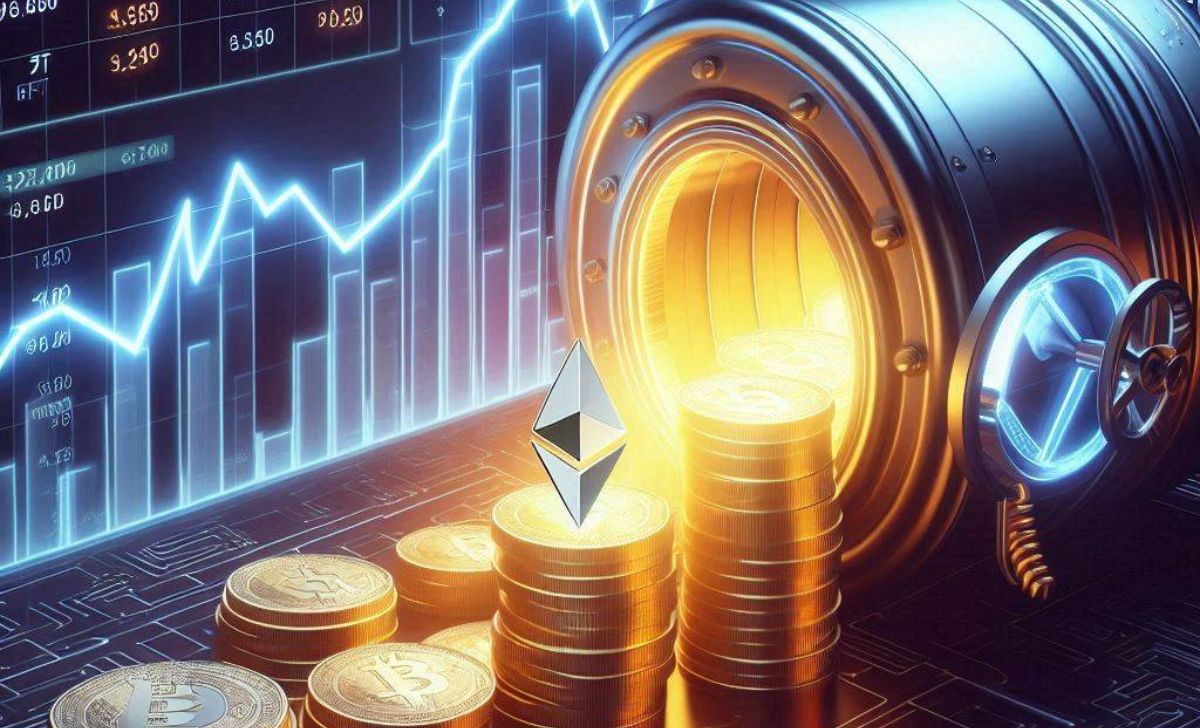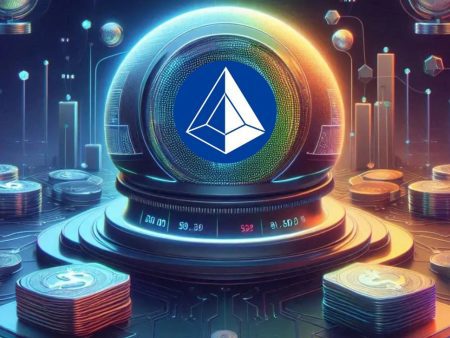NFT investing, with its unique appeal and high-profit potential, is gaining increasing attention in the digital asset world. You might be wondering about the risks, rewards, and effective investment strategies in this market. The following article from TopCoin9 will help you gain a clearer understanding to make informed decisions.
What is NFT Investing?

Before diving into risks and rewards, it’s essential to understand what NFT investing entails. Unlike cryptocurrencies, NFTs (Non-Fungible Tokens) are unique digital assets that represent ownership of items such as digital art, collectibles, in-game assets, and even virtual properties.
Popular categories of NFTs include:
- Digital art: High-value pieces from artists like Beeple have sold for millions.
- Collectibles: Projects like CryptoPunks and Bored Ape Yacht Club have gained massive popularity.
- Virtual real estate: Platforms like Decentraland and The Sandbox allow users to buy and sell virtual land. Beyond the virtual world, NFTs in real estate are also being explored to tokenize ownership of physical properties, making property investment more accessible and transparent.
- Gaming NFTs: Play-to-earn games like Axie Infinity introduce NFT assets that hold real-world value.
The NFT market is evolving, but are NFTs a good investment? To answer that, we must first look at the risks involved.
Risks of NFT Investing

Investing in NFTs is not without challenges. While success stories exist, the market is still new, speculative, and often unpredictable. Below are some key risks investors should consider.
- Market Volatility: The NFT market is highly speculative, with prices fluctuating dramatically. An asset worth thousands today could lose its value overnight.
- Liquidity Issues: Unlike stocks or cryptocurrencies, NFTs are not easily traded. Finding buyers at the right price can be difficult, making it harder to exit investments.
- Fraud and Scams: Fake NFTs, phishing scams, and rug pulls are common. Investors should verify authenticity before making purchases.
- Legal and Copyright Concerns: Owning an NFT does not always mean owning its intellectual property. Some NFT projects face legal disputes that impact their value.
- Environmental Concerns: Some NFTs operate on energy-intensive blockchains, raising concerns about sustainability.
While these risks can discourage some investors, they are not the whole picture. NFT investing also offers several potential rewards, which we’ll explore next.
Rewards of NFT Investing

Despite the challenges, NFTs have created new investment opportunities. Many investors have made substantial profits by identifying valuable digital assets early. Here are the key benefits.
- High Profit Potential: Some NFTs have appreciated in value significantly, with early adopters making huge returns.
- Scarcity and Uniqueness: Unlike traditional digital files, NFTs are verifiably unique, making them highly desirable for collectors.
- Diverse Applications: NFTs extend beyond art and collectibles, being used in gaming, music, metaverse applications, and tokenized real-world assets.
- Blockchain Transparency: The decentralized nature of blockchain ensures security, authenticity, and proof of ownership. Additionally, NFT royalties enable original creators to earn a percentage of future sales, creating long-term value and ongoing income streams.
While these rewards are appealing, success in NFT investing depends on having a solid approach. Next, we’ll discuss NFT investment strategies that can help investors minimize risks and maximize gains.
Effective NFT Investment Strategies

To navigate the NFT market successfully, investors need a well-thought-out approach. Here are the best NFT investment strategies to consider.
- Thorough Research: Investigate the NFT project, team, community engagement, and long-term roadmap before investing.
- Invest in Utility-Driven NFTs: Prioritize NFTs with real-world applications, such as gaming assets, virtual land, or membership-based NFTs that provide ongoing benefits. Some investors are also exploring NFT staking as a way to earn passive income by locking up their digital assets for rewards.
- Diversification: Spread investments across multiple NFT categories to reduce risk exposure.
- Monitor Market Trends: Stay informed about emerging trends like AI-generated NFTs, metaverse integrations, and tokenized assets.
- Use Trusted Marketplaces: Platforms like OpenSea, Blur, and Rarible offer secure trading environments.
- Have an Exit Strategy: Set clear goals for selling NFTs to secure profits or minimize losses, rather than making impulsive decisions.
By following these strategies, investors can improve their chances of success. But ultimately, are NFTs a good investment? Let’s wrap up with some final thoughts.
NFT investing offers exciting opportunities but also comes with risks that require careful consideration. To succeed, investors should stay informed, apply strategic approaches, and adapt to market trends. Visit TopCoin9 to explore more insights and enhance your NFT investment knowledge.

As a certified blockchain security expert with over 8 years in cybersecurity, James Anderson specializes in auditing smart contracts and identifying vulnerabilities in DeFi protocols. His expertise ensures that TopCoin9 delivers reliable insights on blockchain security and risk management.
Email: [email protected]












